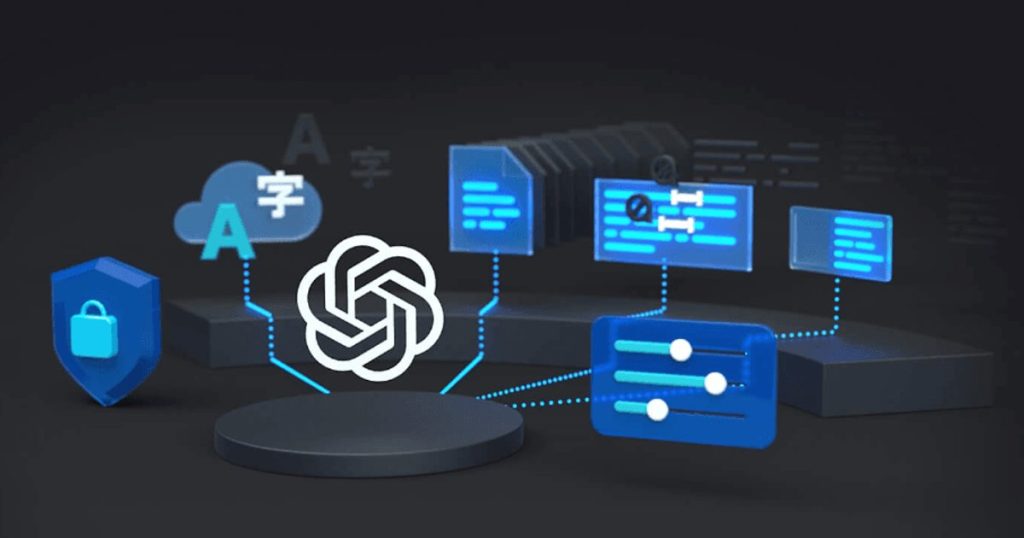Listen to the article
Tech Companies Bolster Defenses Against AI-Powered Misinformation as Elections Loom
As artificial intelligence capabilities advance rapidly, tech giants are racing to implement safeguards against AI-generated misinformation that threatens to undermine democratic processes worldwide. This growing concern has sparked regulatory action across multiple continents, with governments moving to hold platforms accountable for the content they host.
The proliferation of sophisticated AI tools has made it increasingly difficult for average users to distinguish between genuine and fabricated content, creating fertile ground for election interference and political manipulation. This trend raises significant ethical questions about the responsibility of AI companies and social media platforms in protecting democratic institutions.
In India, home to the world’s largest democracy with nearly 900 million eligible voters, the government has introduced stringent regulations requiring social media companies to use AI to proactively identify and remove misleading content. These measures come as the country prepares for general elections, highlighting the urgency of addressing AI-generated disinformation in electoral contexts.
The European Union has taken similar steps with its Digital Services Act, which places strict requirements on large online platforms to combat disinformation. Under the DSA, major tech companies face potential fines of up to 6% of their global annual revenue for non-compliance, creating substantial financial incentives for platforms to address harmful content.
Tech companies appear to be taking these threats seriously, with many enhancing their detection and prevention measures. OpenAI, creator of ChatGPT and other powerful AI models, is investing heavily in safeguards following a multi-year, multi-billion dollar investment from Microsoft. The company recently announced tools to detect AI-generated content and watermark images created by its DALL-E system.
“The potential for AI to disrupt democratic processes is perhaps one of the most pressing concerns in the field today,” said Dr. Rebecca Finlay, CEO of the Partnership on AI, in a recent industry forum. “The technology is evolving faster than our ability to fully understand its implications.”
The rise of AI ethics boards within major tech companies signals growing recognition of the need for diverse perspectives in shaping AI policies. These boards, typically comprising experts from fields such as ethics, law, and social sciences, provide guidance on the responsible development and deployment of AI technologies.
Google’s Advanced Technology External Advisory Council and Microsoft’s Office of Responsible AI represent attempts by tech giants to incorporate ethical considerations into their development processes. However, critics argue these boards often lack real power to influence company decisions, serving more as public relations tools than meaningful oversight mechanisms.
Tech companies now find themselves in the uncomfortable position of information gatekeepers, facing pressure from governments, civil society organizations, and their own users to implement robust safeguards against AI-powered misinformation campaigns.
“We’re witnessing a fundamental shift in how platforms view their responsibility,” explained Dr. Clara Thompson, director of the Center for Technology and Democracy. “For years, they claimed neutrality as content hosts. That position is no longer tenable in an era when AI can generate misleading content at unprecedented scale and convincingness.”
Industry analysts note that the stakes are particularly high in 2024, with major elections scheduled in more than 60 countries representing over 4 billion people, including the United States, India, and the United Kingdom.
As regulatory frameworks evolve worldwide, the effectiveness of these measures remains to be seen. What is clear, however, is that the battle against AI-generated misinformation has become a critical front in preserving democratic integrity, requiring coordination between tech companies, governments, and civil society.
For platforms and AI developers, striking the balance between innovation and responsibility has never been more challenging—or more essential.
Verify This Yourself
Use these professional tools to fact-check and investigate claims independently
Reverse Image Search
Check if this image has been used elsewhere or in different contexts
Ask Our AI About This Claim
Get instant answers with web-powered AI analysis
Related Fact-Checks
See what other fact-checkers have said about similar claims
Want More Verification Tools?
Access our full suite of professional disinformation monitoring and investigation tools




9 Comments
The Indian government’s new regulations requiring social media platforms to use AI to identify and remove misleading content seem like a pragmatic approach ahead of their upcoming elections. Managing the risks of AI-generated disinformation is a global challenge.
Absolutely. With nearly 900 million eligible voters, India’s elections are a critical test case for how AI and social media platforms can be harnessed to uphold democratic integrity.
Interesting to see tech companies taking a more proactive stance against AI-powered misinformation. Safeguards are crucial to protect the integrity of elections and democratic processes worldwide.
I agree, the proliferation of sophisticated AI tools makes it increasingly challenging for users to discern genuine from fabricated content. Responsible regulation is needed to address this growing threat.
While the tech industry’s efforts to combat AI-powered manipulation are commendable, I’m curious about the specific AI techniques and safeguards they are implementing. Transparency around these measures would help build public trust.
A good point. Openness about the AI systems and processes used to detect and remove disinformation is essential, so users can understand how these tools work and their limitations.
Tackling AI-generated disinformation is a daunting challenge, but I’m encouraged to see tech giants and governments collaborating to address this threat. Proactive, multi-stakeholder approaches will be key.
Agreed. The proliferation of sophisticated AI tools demands a coordinated global response to uphold the integrity of democratic processes worldwide.
The article highlights some important ethical questions around the responsibility of AI companies and social media platforms in protecting democratic institutions. This is a complex issue with no easy answers.